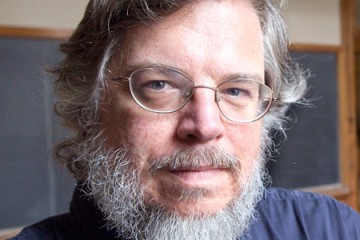Robert Balfanz, a senior research scientist at Johns Hopkins, co-authored an article for CNN about the decreasing value of a high school diploma in the U.S. and the troubling failure of many students to graduate.
Balfanz, director of the Everyone Graduates Center at the university's School of Education, and John Gomperts, president and CEO of America's Promise Alliance, present relevant data on the issue—fewer than 80% of students receive a regular diploma, and 11% of school (the so-called "dropout factories") account for 40% of all students who fail to finish high school.
But they also offer reasons for optimism. The national graduation rate is on the rise, they say, with some notable turnarounds in traditionally low-performing states including Florida, Georgia, and Texas. Better data allows educators to identify struggling students sooner, and (in some cases) prevent them from dropping out. But more improvement is needed, Balfanz and Gomperts write, and the stakes are high.
More from CNN:
Read more from CNN.comHigh school graduation—once the end of educational achievement for many—is now really just the starting line. The changing economy means that people who don't receive any post-secondary education will have access to only 40% of jobs in the next decade.
The beginning of this year's commencement season coincided with the 30th anniversary of one of the most important education reports the nation ever produced. "A Nation at Risk" warned that a mediocre education system put America's future in such serious jeopardy that had a foreign power imposed this poor performance on us, "we might well have viewed it as an act of war."
Yet three decades later, the reading and math skills of America's 15-year-olds still rank, respectively, as "average" and "below average" among developed nations. So, as you attend your next graduation ceremony, here are five things you won't hear but need to know.
Posted in Voices+Opinion, Politics+Society
Tagged education, robert balfanz









